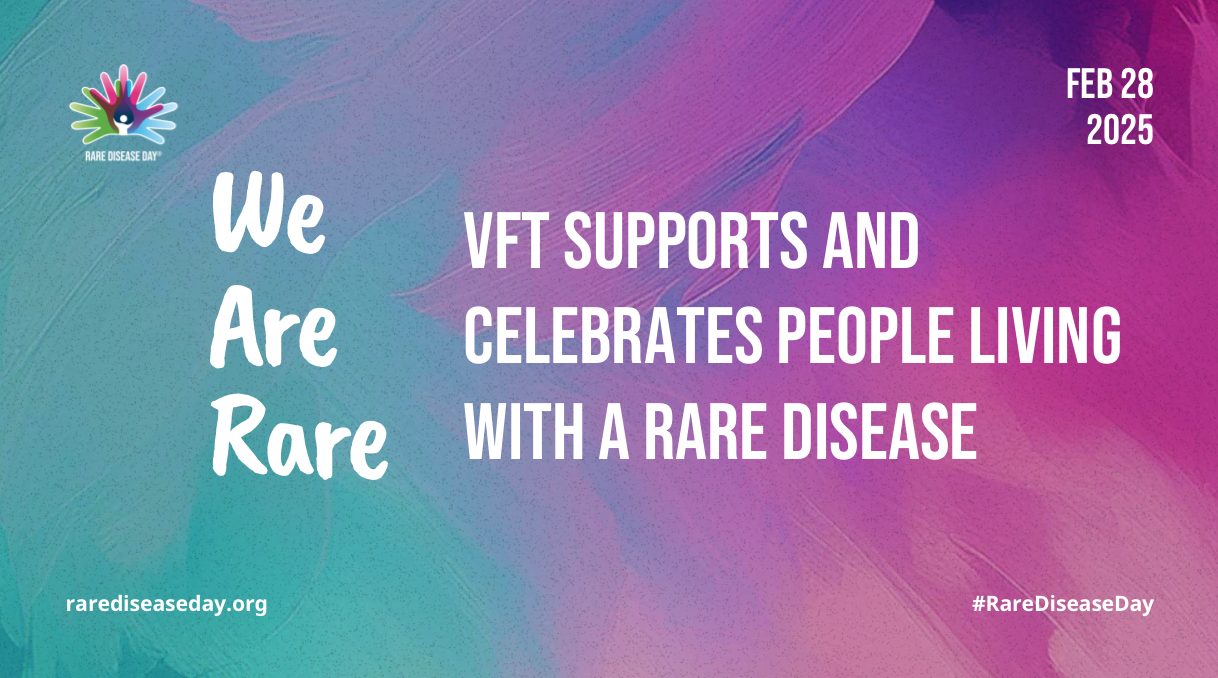 Vision for Tomorrow is proud to partner with the National Eye Institute (NEI), a division of the National Institutes of Health (NIH), to fund a study attempting to identify drugs that will improve vision in people with oculocutaneous albinism (OCA). This study is being led by Dr. Brian Brooks of the NEI, a reknowned researcher in the field of OCA.
Vision for Tomorrow is proud to partner with the National Eye Institute (NEI), a division of the National Institutes of Health (NIH), to fund a study attempting to identify drugs that will improve vision in people with oculocutaneous albinism (OCA). This study is being led by Dr. Brian Brooks of the NEI, a reknowned researcher in the field of OCA.
OCA is a genetic condition characterized by reduced pigmentation of the hair, skin, and eyes. Children with OCA have varying degrees of visual impairment. This vision deficit is believed to be due to decreased pigment in a layer of the retina (back of the eye) known as the retinal pigment epithelium (RPE). Currently, there is no cure for the visual deficits associated with OCA and there are no drug-based treatments for this condition.
“We will start by collecting cells from individuals affected with OCA and will then reprogram the cells to pluripotent stem cells — special cells that can be instructed to develop into different types of cells present in our body,” said Brooks. “The advantage of this approach is the ability to grow cells otherwise difficult to obtain, such as the retinal cells at the back of our eye.”
In this study, the stem cells will be converted to RPE cells. These cells are normally pigmented in individuals not affected by OCA but lack pigmentation in individuals with OCA. Dr. Brooks and his team will be looking to identify drugs that can induce pigmentation in these cells without otherwise interfering with their normal functionality.
“We are excited to partner with one of the premier organizations studying OCA as part of our ongoing commitment to better understand and more effectively treat ocular complications common in albinism and aniridia,” said Susan Ballis, Founder, Vision for Tomorrow Foundation.
Thanks to the past generosity of our supporters, The Vision for Tomorrow Foundation has been able to fund numerous research projects focused on improving the lives of those affected by low vision. In order to proceed with this mission, we need continue raising funds. You can help by donating
here or creating your own fundraising campaign
here.
Please check back for ongoing updates on this project and other research from the Vision for Tomorrow.
Click
here to learn more about how the eye works or
here for a glossary of terms.
About NEI and Dr. Brooks
NEI’s mission is to protect and prolong the vision of the American people. NEI funds and carries out medical and basic research to develop sight-saving treatments, reduce visual impairment and blindness, and improve the quality of life for people affected by low vision.
Dr. Brooks has published numerous articles and book chapters on the genetics of eye disease and has received numerous awards, including the Presidential Early Career Award for Science and Engineering (PECASE), the nation’s highest honor for young investigators. He graduated
summa cum laude from the University of Maryland and was supported during his training in the M.D., Ph.D. program at the University of Pennsylvania by the Medical Scientist Training Program. His residency training in ophthalmology and his fellowship in pediatric ophthalmology were done at the University of Michigan. Dr. Brooks also completed a fellowship in medical genetics at the National Human Genome Research Institute and is board-certified by both the American College of Medical Genetics and the American Board of Ophthalmology. Click
here to learn more about Dr. Brooks and his lab at NEI.
###
 Vision for Tomorrow is proud to partner with the National Eye Institute (NEI), a division of the National Institutes of Health (NIH), to fund a study attempting to identify drugs that will improve vision in people with oculocutaneous albinism (OCA). This study is being led by Dr. Brian Brooks of the NEI, a reknowned researcher in the field of OCA.
Vision for Tomorrow is proud to partner with the National Eye Institute (NEI), a division of the National Institutes of Health (NIH), to fund a study attempting to identify drugs that will improve vision in people with oculocutaneous albinism (OCA). This study is being led by Dr. Brian Brooks of the NEI, a reknowned researcher in the field of OCA.


